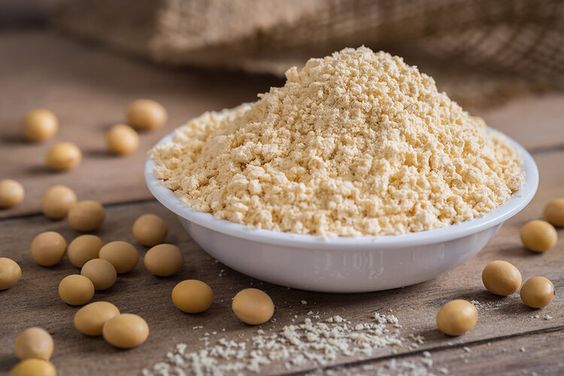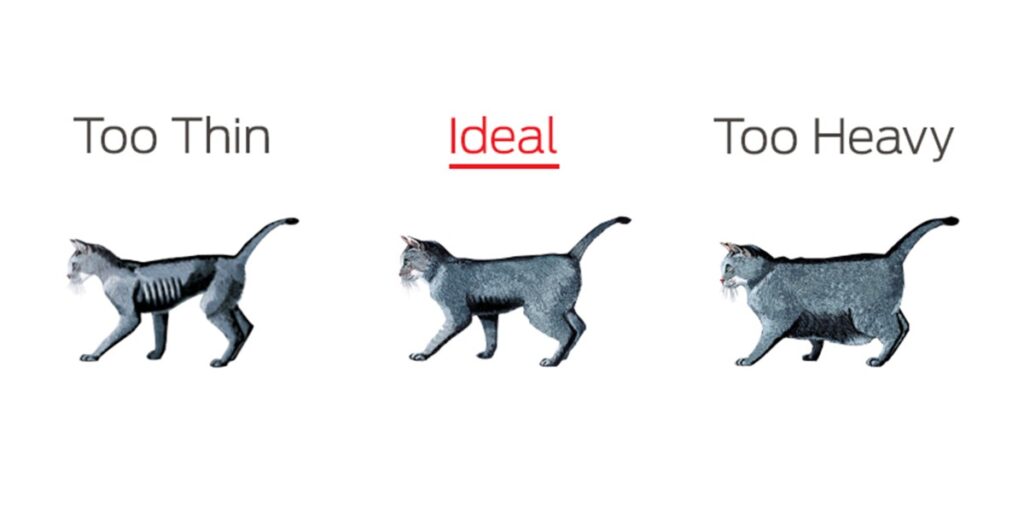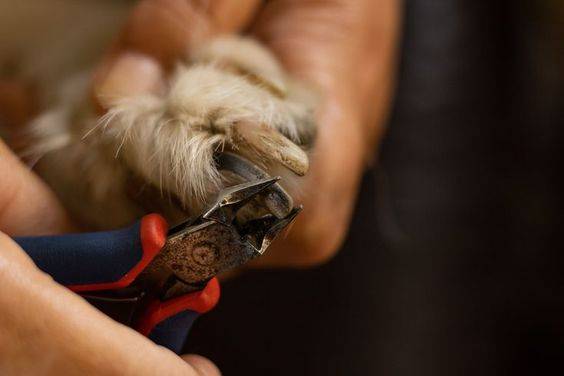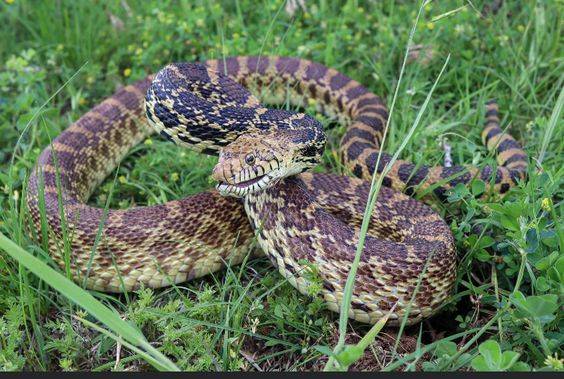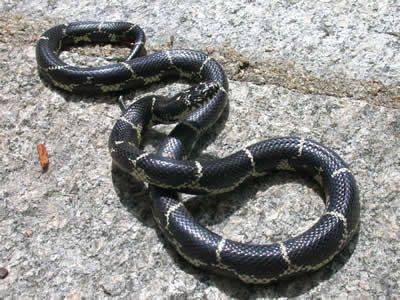Protein is a crucial component of a horse’s diet, essential for growth, muscle development, and overall health. Understanding the role of protein, the sources available, and how to manage protein intake is vital for horse owners who want to ensure their equine companions are receiving optimal nutrition. This comprehensive guide covers everything you need to know about horse protein requirements and management.
Why Horse Protein is Important
Protein is composed of amino acids, which are the building blocks of the horse’s body.
- Muscle Development and Repair: Horse Protein is essential for the growth and repair of muscle tissues. This is particularly important for young, growing horses and those in heavy training or recovery from injury.
- Hoof Health: Proteins contribute to the growth and maintenance of healthy hooves, which are critical for a horse’s mobility and overall well-being.
- Enzyme and Hormone Production: Many enzymes and hormones in the horse’s body are protein-based, playing key roles in metabolic processes and overall health.
- Immune Function: Adequate protein intake supports a robust immune system, helping horses fend off infections and recover from illnesses more effectively.
Protein Requirements for Horses
Protein needs vary depending on the horse’s age, workload, and physiological state. Here’s a breakdown of general horse protein requirements:
- Foals and Young Horses: Growing horses have the highest protein requirements to support rapid growth and development. Foals may need diets with protein levels ranging from 14% to 18%.
- Adult Horses: Mature horses at maintenance, with no significant physical exertion, typically require around 8% to 10% protein in their diet.
- Performance Horses: Horses engaged in moderate to heavy work, such as race horses or competition horses, need more protein (about 10% to 14%) to support muscle repair and recovery.
- Broodmares: Pregnant and lactating mares require higher protein levels (12% to 16%) to support fetal development and milk production.
- Senior Horses: Older horses may need adjusted protein levels depending on their health and condition. Ensuring they receive easily digestible protein is essential.
Sources of Horse Protein
Protein can be sourced from various feeds, each offering different amino acid profiles and digestibility. Here are some common horse protein sources:
1. Forages:
- Alfalfa: High in protein (about 15% to 20%), alfalfa is an excellent forage option for horses needing additional protein.
- Clover: Another legume, clover, provides a good protein boost, although it’s less common than alfalfa.
2. Grains and Concentrates:
- Oats: Moderate in protein (about 12%), oats are a traditional feed ingredient for horses.
- Corn: Lower in protein (around 8% to 10%) but energy-dense, corn can be part of a balanced diet.
3. Protein Supplements:
- Soybean Meal: High in protein (44% to 48%) and rich in essential amino acids, soybean meal is a popular protein supplement for horses.
- Canola Meal: With a protein content of around 36%, canola meal is another good supplement option.
- Linseed (Flaxseed) Meal: Offering about 35% protein, linseed meal is also rich in omega-3 fatty acids, benefiting coat and skin health.
4. By-products:
- Distillers’ Grains: These are by-products of the ethanol industry, offering around 27% protein and good digestibility.
- Brewers’ Grains: By-products of beer production, these provide about 25% protein.
Balancing Horse Protein in the Diet
While horse protein is vital, it’s essential to balance it correctly to avoid overfeeding or underfeeding. Here are some tips for managing protein in your horse’s diet:
- Analyze Forage: Start by analyzing your forage, as it forms the bulk of most horse diets. Knowing the protein content helps in adjusting the rest of the diet accordingly.
- Use Quality Concentrates: Choose commercial feeds that provide balanced nutrition, including adequate protein. Read labels to ensure they meet your horse’s specific needs.
- Avoid Excess Protein: Overfeeding protein can lead to excess nitrogen excretion, which can be stressful on the kidneys and wasteful. Balance the diet to meet but not excessively exceed protein requirements.
- Consider Amino Acids: Focus on essential amino acids like lysine, methionine, and threonine, which are crucial for health and often limiting in horse diets. Ensure these amino acids are adequately supplied.
Common Myths About Hose Protein in Diets
There are several misconceptions about horse protein in diets that can lead to confusion. Let’s debunk some of these myths:
- Myth: High Protein Causes Hyperactivity: Excess protein does not cause hyperactivity. Energy, primarily from carbohydrates and fats, influences a horse’s behavior more than protein.
- Myth: All Protein Sources Are Equal: Not all protein sources have the same amino acid profile or digestibility. Quality matters, and some sources provide more balanced nutrition than others.
- Myth: Older Horses Need Less Protein: While older horses may have different protein requirements, they often need easily digestible protein to maintain muscle mass and overall health.
Signs of Protein Deficiency
Recognizing protein deficiency in horses is crucial to address dietary imbalances promptly. Symptoms of protein deficiency include:
- Poor growth in young horses
- Muscle wasting and weight loss
- Dull, rough coat
- Slow recovery from exercise or injury
- Reduced hoof quality
- General lethargy and decreased performance
Practical Feeding Tips
To ensure your horse gets the right amount of protein, follow these practical feeding tips:
- Evaluate Individual Needs: Consider your horse’s age, activity level, and health status to determine specific protein requirements.
- Mix Forages and Concentrates: Combine high-quality forage with appropriate concentrates or supplements to balance protein intake.
- Monitor Body Condition: Regularly assess your horse’s body condition and adjust the diet as needed to maintain optimal health.
- Work with a Nutritionist: Consult an equine nutritionist or veterinarian to create a tailored feeding plan that meets all of your horse’s nutritional needs.
Inference
Horse Protein is a cornerstone of equine nutrition, essential for growth, repair, and overall health. By understanding your horse’s protein needs, choosing the right sources, and balancing the diet appropriately, you can ensure your horse remains healthy and performs at its best. Regular monitoring and adjustments, guided by professional advice, will help maintain your horse’s optimal protein intake and contribute to its long-term well-being. Proper protein management, combined with a well-rounded diet and care regimen, will keep your equine companion thriving.
Investing time and effort into understanding and managing your horse’s protein intake is a key aspect of responsible horse ownership. By prioritizing their nutritional needs, you help ensure a healthy, happy, and high-performing horse. Whether you have a young foal, a competitive athlete, or a senior companion, appropriate protein nutrition is fundamental to their quality of life.

